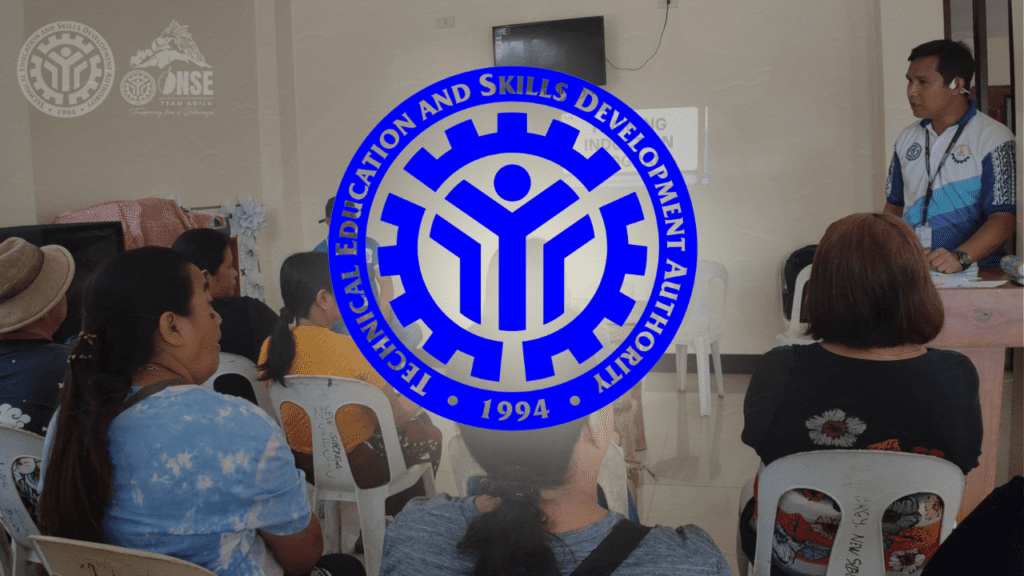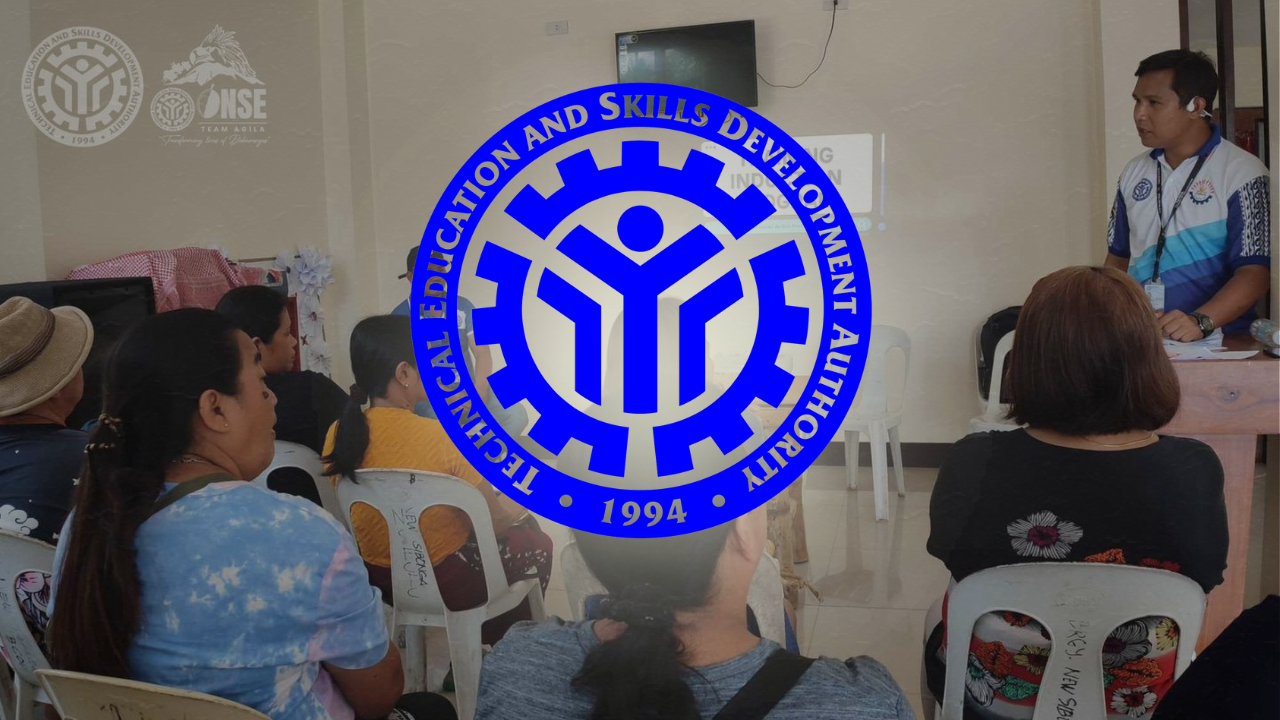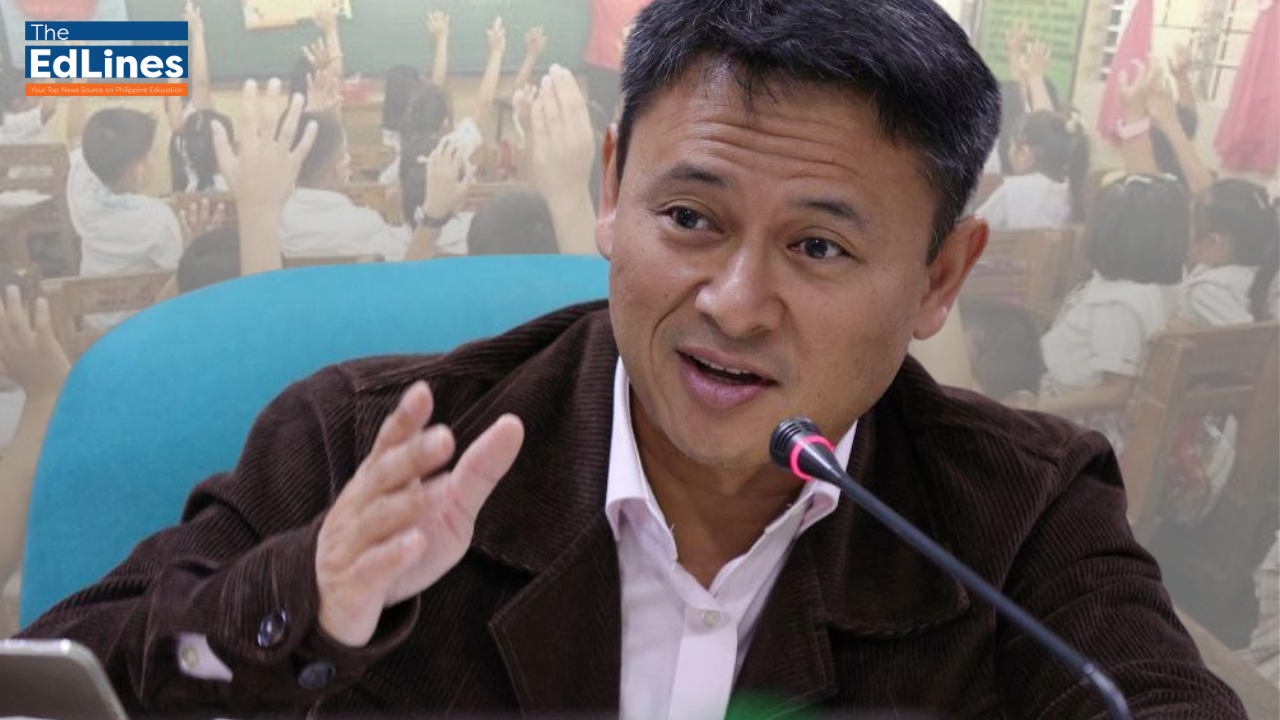84K students to benefit from BARMM’s 3-year madrasah education plan

The challenge now lies in funding all the programs to be offered. Photo by The EdLines
The Technical Education and Skills Development Authority (TESDA) has accredited 397 training centers in the Davao Region under President Ferdinand Marcos Jr.’s administration. This initiative aims to improve vocational education and meet local employment needs.
TESDA-11 Director Ashary Banto emphasized the importance of these programs, saying, “The challenge here is to fund all the programs. That’s why we seek partnership whenever we can to fund some of these training programs,” according to Philippine News Agency.
TESDA offers 1,194 programs, ranging from diploma courses to competency programs at the barangay level.
The agency collaborates with local government units and the private sector through its “TESDA sa Barangay” program, which brings training directly to communities.
Banto noted that this program focuses on enhancing skills in marginalized areas. “We will intensify it, and through this program, we can see what the priority of the LGU is, especially in terms of livelihood,” he said.
Recently, 101 graduates completed National Certificate II courses offered by TESDA-11.
Among them, 25 persons with disabilities earned their Dressmaking NC II, while 26 out-of-school youth completed Photovoltaic Systems Installation NC II. Additionally, 25 members of a women’s association finished bread and pastry production.
Most trusted
A recent survey by PUBLiCUS Asia Inc. shows that TESDA remains the most trusted government agency in the Philippines, with a 72% approval rating and a 58% trust rating.
TESDA Director General Suharto T. Mangudadatu welcomed these results, attributing them to the agency’s commitment to improving its programs.
“TESDA continues to make tech-voc training accessible to Filipinos, enabling them to uplift their lives,” he said.
TESDA also resumed its Overseas Assessment Program for Overseas Filipino Workers and participates in community events to promote scholarship applications and distribute starter toolkits.
They aim to increase enrollment in technical vocational education and training (TVET) courses, ensuring graduates are prepared for the workforce.


